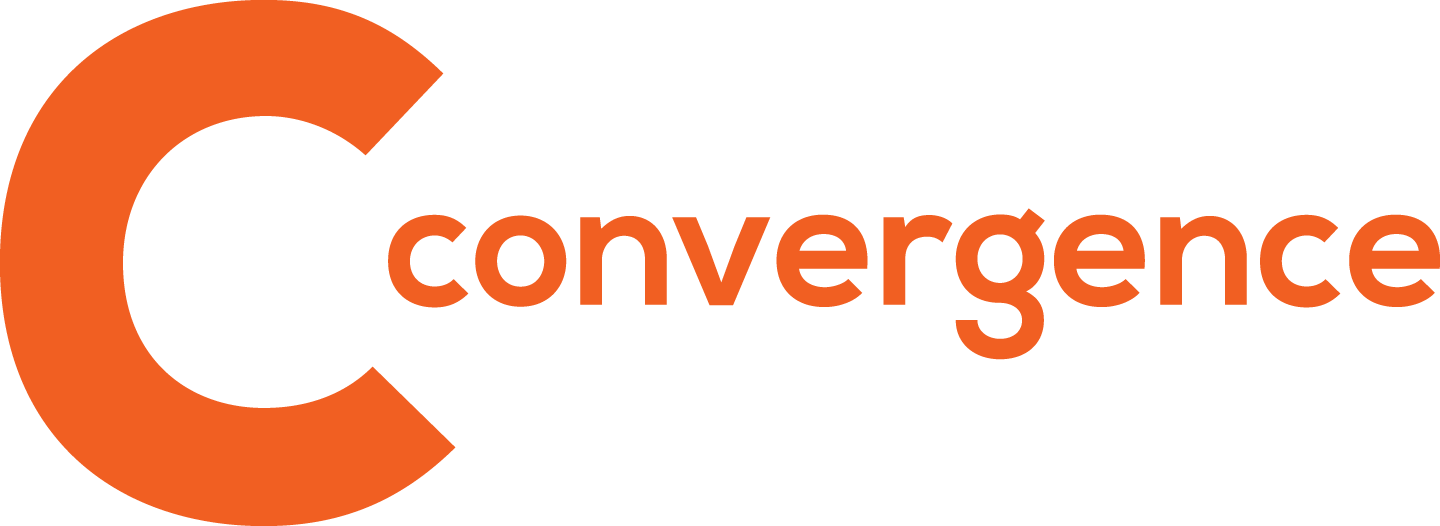As the rise of the Smart Cities agenda increases and cities begin to investigate the policies and principles behind it, a variety of small to medium enterprises (SMEs) continue to populate the Smart City landscape.
These agile companies focus on technology and are committed to developing solutions to support how a Smart City will function and be used in the future.
New technologies are increasingly changing the way we live and our love for technology has seen tech giants such Apple, Microsoft, Amazon and Facebook become the largest companies in the world. But while these giants of industry are servicing many of our desires, it’s the smaller tech companies that are developing the tools to create and drive the Smart City.
At Convergence we support technology-based SME’s, who have a vested interest in technologies for the built environment, in addition to government and institutional bodies whom we advise on what the future of a city landscape will be in order to develop policies and principles around it.
As Smart Cities rely on everything being connected, the technology to enable not only intelligent services, but to connect them with authorities is the bedrock of how a Smart City can be achieved.
From sensors to The Internet of Things, geospatial technology to Artificial Intelligence, the global marketplace is estimated to reach $400 billion by the end of 2021 of which 10 per cent can be reaped by the UK.
Fortunately, the UK is recognising this potential market, and programmes such as Innovate UK and the Future Cities Catapult are supporting forward-thinking companies to create the solutions to our urban challenges.
But it’s not just the UK that is transforming its cities and making significant investment. This is a global initiative, understanding smart city potential requires understanding of what makes it smart to begin with. The answer lies with technology and many countries are making significant investment in smart tech.
A smart city requires an integrated system wherein each city function is connected to all others, creating a single web of information from otherwise segregated streams. This puts data and digital technology to work to make better decisions and improve the quality of life. More comprehensive, real-time data from smart sensors offers the ability to watch events as they unfold, understand how demand patterns are changing and respond with faster and lower-cost solutions.
A smart city utilises digital technologies for better resource use and less emissions outputs. It means smarter urban transport networks can be created, take smart highways for example, and upgraded water supply, waste disposal facilities and more efficient ways to light and heat our homes and places of work. It also means a more interactive and responsive city administration, safer public spaces and meeting the needs of an ageing population.
Investment in reliable technology and high-speed connectivity is central to Smart City development The expedited shift to work from home in 2020 is driving the need for more reliable and secure communications. As vital infrastructure becomes connected. Telecom and technology companies for example must increasingly collaborate with governments and invest in reliable networks, cybersecurity and backup systems.
It is evident, universally major advancements have been achieved, but for a city to be truly smart greater connectivity between services and infrastructure is needed. This is what will drive future intelligence and make the world a smarter place.


